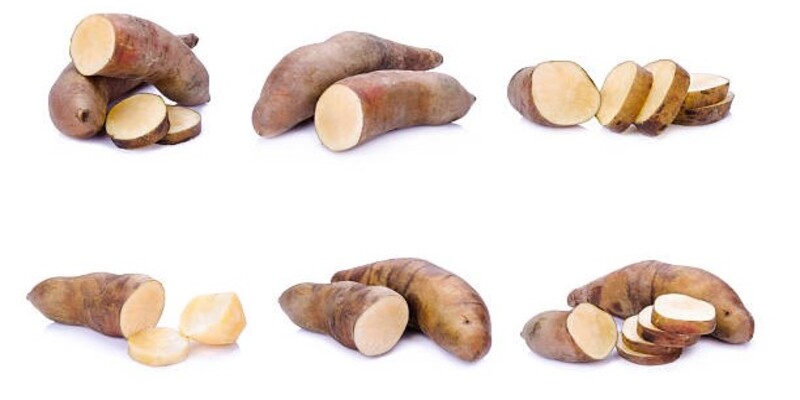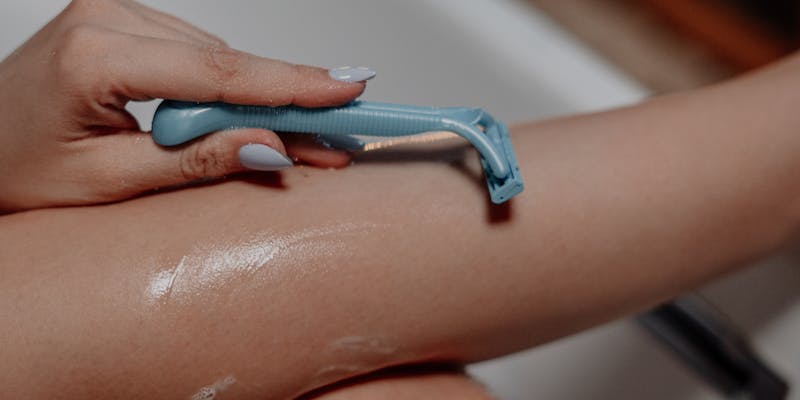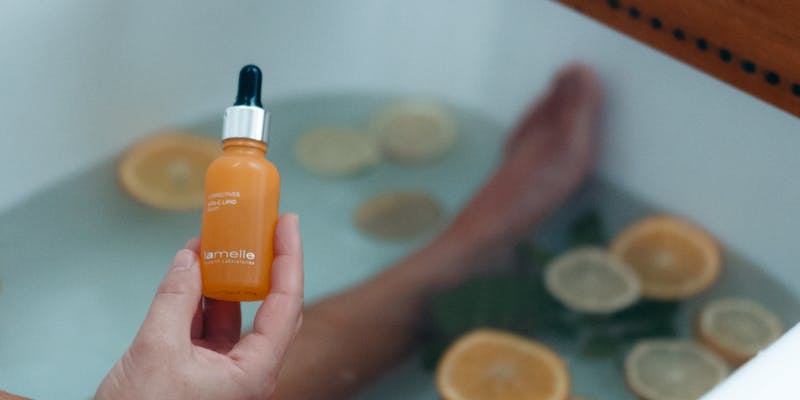We often blame menstrual cycles, hormone imbalances, and stress for breakouts. Both variables are important, but there are lesser-known causes of unexpected pimples on the cheeks. Understanding these less evident factors can help manage and prevent breakouts for cleaner, healthier skin.
Many everyday things affect our complexion's natural shine, so we must discover what else could cause acne. Below are seven unanticipated causes of acne and ways to reduce its influence and enhance your skin.
Pets
You adore your pet and snuggle often. You may even let your pet kiss your face or sleep with you. We hate to break the bad news, but have you considered how much bacteria your cat may carry? Even without saliva, your cat or dog's fur might harbor pathogens. When dirty particles touch your skin, these are the neck acne causes.
Solution
Keep your pet's hand off your face to avoid pimples. By being aware of this, you can keep your skin clear and avoid triggers. Remember, a small reminder to your loved pets to keep their hands away from your face will reduce your whiteheads on face, letting you enjoy those comfortable times together without stress.
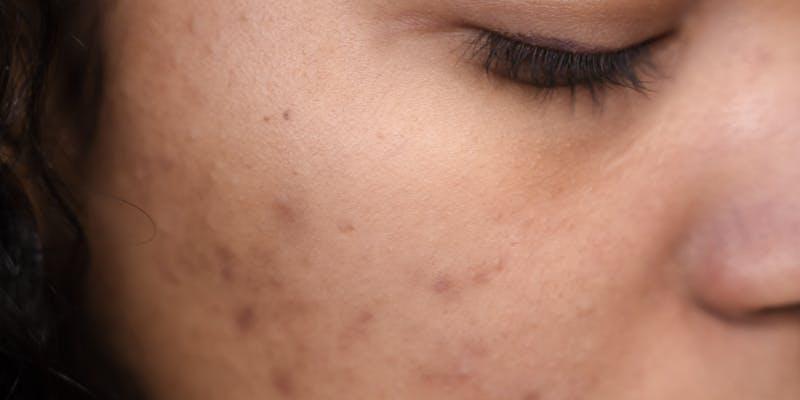
Face Mask
If extended use of your cotton face mask causes more breakouts on your chin, jawline, and cheeks, you may have mask acne. The sweat, oil, germs, and humidity trapped behind your mask causes pimples on the cheeks, dryness, itching, and blotchiness.
Solution
Use a lightweight, breathable cotton face mask to prevent excess oil and sweat and cure mask acne. Alternatively, buy many face masks so you always have a clean one to avoid rubbing old oil and bacteria back onto your skin.
If you can't readily switch masks during the day, try carrying a tea tree oil-based face mist in your purse to spritz on your skin. Tea tree oil has antibacterial characteristics that may help prevent pore-clogging germs. However, this won't replace a clean mask and face, so wash your face with a moisturizing cream cleanser or micellar water and a cotton round after wearing your mask for the day to remove excess oil and sweat.
Not Washing Face Before Bed
Even if you hardly move off the couch, grime, oil, and makeup naturally collect on your skin over the day. If you don't wash your face before bed, filth will migrate to your pillowcase and return to your face the next night. Experts believe a few nights on a dirty pillowcase may not cause zits, but continuous exposure and use of these dirty pillows are the neck acne causes.
Solution
Cleanse your face every night to avoid breakouts and pimples on the cheeks. Use a 2% salicylic acid cleanser to reduce pore oil without drying out your face. Try a 5% benzoyl peroxide wash twice weekly to destroy acne-causing germs if your acne doesn't improve after three weeks. For makeup that sticks around after washing, consider double cleansing at night: first, remove makeup using an oil-based makeup remover like a cleansing oil or balm, then wash with your usual face wash to eliminate any residue without drying out your skin.
Stress and Sleep Deprivation
Sleep deprivation and stress can cause breakouts and whiteheads on the face. Stress chemicals like cortisol increase oil production in your glands, causing blocked pores and acne. Stress may induce breakouts, which can cause additional stress and outbreaks.
Even without stress, sleep deprivation raises cortisol. This can cause acne by stimulating oil glands.
Solution
Use 1% hydrocortisone cream to relieve redness and inflammation in severe under-the-skin pimples. The best long-term approach is prioritizing sleep and reducing stress with meditation, exercise, self-care, or professional support.
Your doctor may prescribe hormonal acne treatments, such as oral spironolactone, to control oil production. This medicine is typically used with birth control tablets and has few negative effects.
Harsh Face Scrub
Scrubbing your face daily with a washcloth, gritty acne face wash or scrub, loofah, or cleaning brush may worsen present outbreaks and cause more. Why? Harsh scrubs leave tiny rips and irritation on your skin and cause neck acne causes.
Solution
Avoid harsh cleansers and utilize a moderate compound exfoliator containing AHAs or BHAs, such as lactic, salicylic, or glycolic acids, to separate dead skin cells that can cause flare-ups. Start slowly with two nights a week, then three.
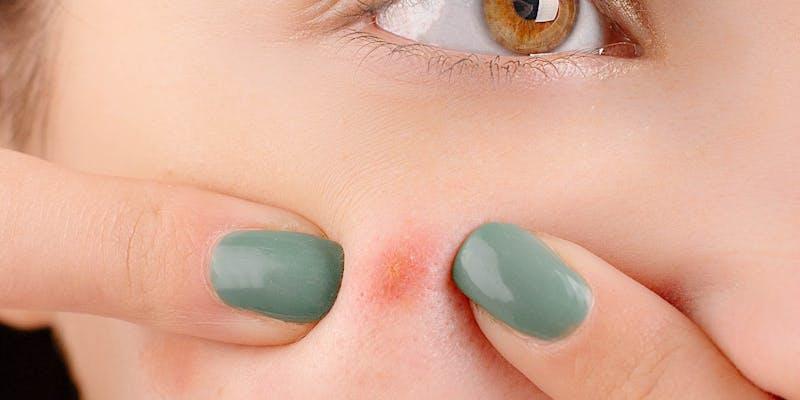
Harmful Hair Products
Your hair products may cause breakouts and congested pores. Oils and butter soften and smooth hair, but they can also cause acne on the skin and scalp. Sulfate-filled shampoos can dry, redden, and irritate sensitive skin, worsening acne.
Solution
Try changing your hair care routine to fix this. Changing to shampoos without sulfates diminishes delicate skin disturbance. Keep sulfate-containing shampoos to two times every month to avoid drying out your scalp and skin.
If you have hairline or scalp outbreaks, use a salicylic acid scalp treatment once a week before washing to exfoliate and avoid blocked pores. To eliminate the remaining conditioner, cleanse your body completely after showering. Before cleaning your face and body, clip or towel your hair to avoid acne and whiteheads on the face.
Unhealthy Diet
Your favorite meals may be causing breakouts. Lycopene, an acidic chemical in tomatoes and peppers, can upset your skin's pH balance and cause breakouts, especially around the mouth. Spices, dairy, gluten, and other foods can all induce acne flare-ups and pimples on the cheeks in certain people. Due to glucose variations, even drastic diet changes like going vegan or reinstating animal products might affect your skin.
Solution
Consult a dermatologist or gastroenterologist to evaluate if your food is causing your acne or if there are underlying gastrointestinal concerns. A food journal can help you measure your consumption and see how your skin reacts to different meals.
Additionally, smoking may damage your skin. Smoking is unhealthy, damages the skin, and causes whiteheads on the face. When you smoke, you suffocate your facial skin by reducing oxygen. Depriving your skin of oxygen can cause premature aging, dullness, wrinkles, and fine lines since it's the body's biggest organ. Additionally, quitting smoking improves your health and complexion.

